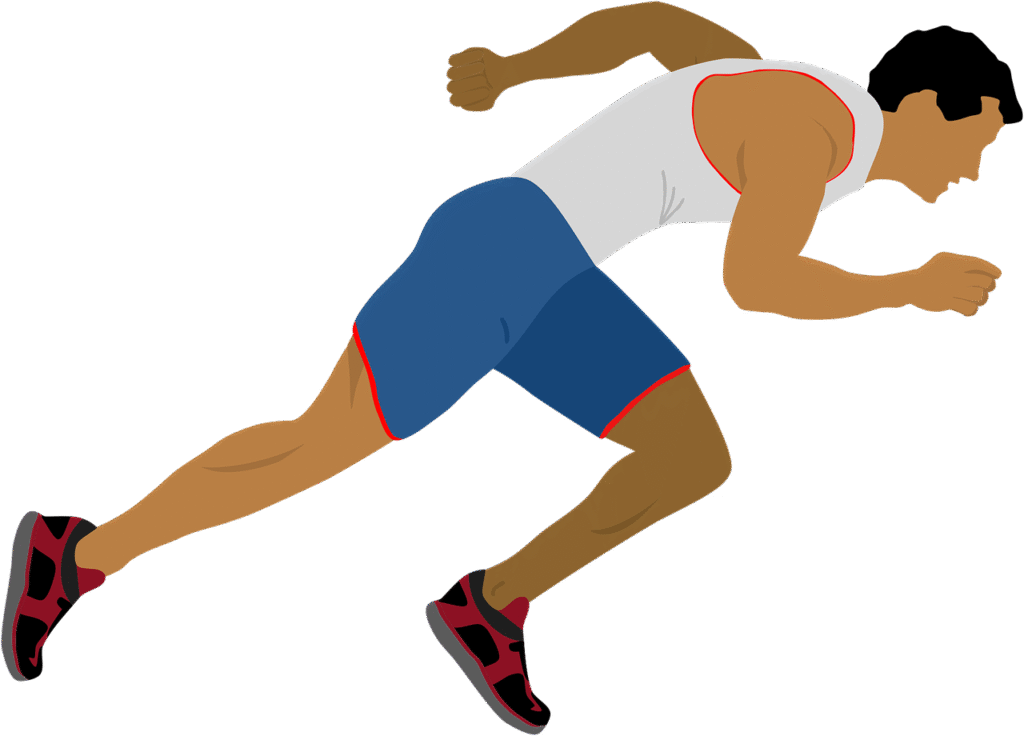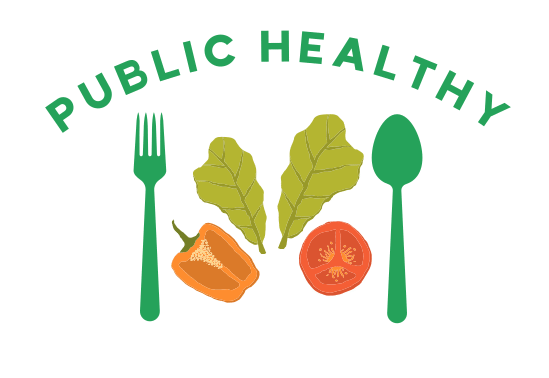This question is a roadblock we set up for ourselves not to exercise, You have heard the answers so many times. Men who enjoy exercise believe in themselves and want to build healthier bodies to take them throughout their lives, with the energy and physiological benefits that happen because of exercise.

INCREASE MUSCLE STRENGTH.
Strong muscles help you move with ease and without restriction. Muscle will help you to stand with flawless posture, ultimately ensuring your spine a healthier existence. Building muscle will also boost your metabolism and burn fat from your body, creating a leaner shape.
IMPROVE HEART AND LUNGS.
Building the strength of the heart will create a more efficient muscle, pumping more blood with less effort and with less stress. Like any other machine, when all the parts are taken care of, the heart will run with ease. The lungs provide you with oxygen needed to stay alive. Keeping your lungs in optimal health will ensure the most oxygen delivery to the brain and the blood.
BECOME MORE FLEXIBLE.
Flexibility reduces the risk of injury; helps release muscle tension and soreness; promotes better movement around joints, which will allow freedom for better posture; and offers mental and physical relaxation. With training, just as with weights or aerobics, you can improve the flexibility in all the muscles of your body, at any age. The only limitations are genetic ones; each person (man or woman) has the capacity to stretch within his or her range of motion.
IMPROVE THE DENSITY OF BONES.
There are 206 bones in your body, and they are alive. Many people think that after a certain point our bones stop changing and stay hard like chalk. Well, think again, The bone is composed of collagen, an organic complex protein, and an inorganic component of mineral salts, mainly calcium and phosphorous. Bones constantly change throughout your life. Bone is capable of adjusting its strength in proportion to the stress placed upon it (Wolff’s Law). If stresses such as weight training, walking, running, or aerobic training are put on bone over a period of time, bones will become more dense through increased collagen and mineral salts, delivered by blood and nutrition. If bone is not stressed, it will become less dense, and eventually the organic complex proteins mre iudly the organic proteins, minerals, and other matter can be withdrawn. This happens primarily with sedentary people.
IMMUNE SYSTEM RESPONSE.
By starting an exercise By staltie e to help program you will boost your immune system to ward off viruses and dispense healthful nutrients to the entire body. As you exercise aerobically, the white blood cells, including the T helper cells (lifeguards), are swept back into circulation where they function at maximum overdrive. This is called demargination, and when achieved will last for hours. Exercise will also cause you to sweat, which in itself is a cleanser.
Breathing and muscle contractions open the lymph nodes and maintain a healthy flow throughout the body, relieving any blockage that might occur in the system. Sweating will also rid your body of toxins and waste products through the sweat glands. It is important that you wash after a workout session to cleanse your body of the impurities that are pumped to the surface of your skin in the form of sweat.
FAT VERSUS LEAN: AM I FAT?
What is fat and what is lean? A common myth is that if you weigh less than your typical body type, you must have less fat. This is not necessarily true. You can weigh 150 pounds and still be considered obese. It all depends on how much lean mass you have on your body. This often confuses people because they look thin to themselves in the mirror, but statistically, because a thin person’s body fat level can exceed “ideal” percentages, that same person could be distinguished as obese.
WHAT THE SCALE DOESN’T TELL YOU?
At sometime in your life, at the doctor, at the gym, or even at a carnival or state fair, you have stepped on a scale to check out what your body weighs. Relying on the scale to give you positive reinforcement is another thing entirely. Try keeping the information the scale is telling you in perspective. The best thing to do is to understand the difference between fat and lean muscle mass (muscle).
A scale simply measures the weight of your entire body in pounds or kilograms. The scale cannot separate the muscles, bones, blood, and internal organs from fat. The separation of lean mass and fat is called body composition; the ratio ultimately determines your body fat percentage and will be kinder and ultimately offer you better information, information that you can use rather than just a banal digit that seems only to defeat those seeking reinforcement.
Focusing on the number can be a problem because you don’t know how much of that digit is fat and how much is the rest of you. Muscle weighs more than fat. Muscle is dense, like a piece of chocolate fudge, and fat is like whipped cream, it takes a lot of whipped cream to equal the weight of a small piece of chocolate fudge. Really, if you take one pound of fat and one pound of muscle you would see the amount of each separately is very different than their equal weight. Try not to rate yourself by the digit on the scale. The scale can be misleading and cruel
Scenario: You have decided to start an exercise program after a few years of sitting at the job and in front of your computer. This is a good choice, so you start by lifting weights a few times a week and doing some moderate aerobic exercise four or five times a week. Research suggests that, combined with a balanced diet and a good attitude, this regimen offers the possibility of losing one to two pounds of fat per week.
This change in your daily routine would help you to lose about ten pounds of fat in about three months. However, with your strength training program you have developed muscle, which has increased your body weight by about three pounds, a very good change. If the scale were the only measurement of your success, it would show only seven pounds lost, therefore giving you the wrong information and robbing you of the reassurance you need to continue.
Because fat takes up so much space, with that same 10 pound loss you would see smaller measurements around your hips, stomach, and upper legs. The best way to judge the success of a weight loss program is to pay attention to the way your clothes fit. Think about it. Your clothes are the first indication of weight gain, so look to the same source for praise. Your clothes will tell you the truth and so will a mirror. You know your body, and you know when you are storing a little extra baggage. Look at yourself in the mirror without judgment and see your changes. They will happen as long as you show up and do the work. If you went solely by the scale, you might be tempted to quit. Increasing muscle mass not only helps you become stronger making your daily chores easier muscle also expends calories all day long, even when you are at rest. Over time, the added pounds of muscle can help you burn thousands of additional calories, make your physique look strong, and boost your self image.
There is some basic information you should have regarding metabolism and fat storage systems that may help you understand the process by which you may assess everything that you eat, as well as the importance of a complete exercise regimen.

Leave a Reply
Your email address will not be published. Required fields are marked *